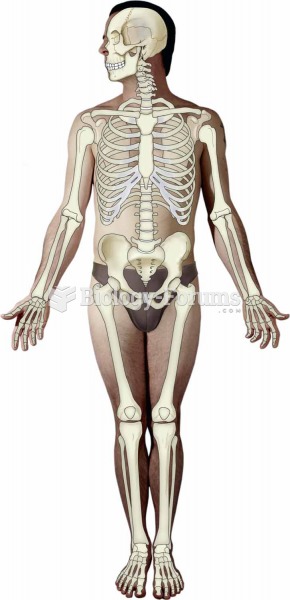Answer to Question 1
Correct Answer: 3
Rationale 1: Plasma cells are mature B cells that produce antibodies.
Rationale 2: Plasma cells are mature B cells that produce antibodies.
Rationale 3: Plasma cells are mature B cells that produce antibodies.
Rationale 4: Plasma cells are mature B cells that produce antibodies.
Global Rationale: The humoral immune response is triggered when an antigen encounters a B lymphocyte, more simply known as a B cell. The activated B cell divides to form millions of identical copies of itself in a process known as clonal division. Most cells in this clone are called plasma cells, whose primary function is to secrete antibodies specific to the antigen that initiated the challenge. The patient is not deficient in antigens, monocytes, or macrophages.
Answer to Question 2
Correct Answer: 3
Rationale 1: Lymph fluid does not come from the kidneys.
Rationale 2: Lymph fluid is not produced from the fluid the client drinks.
Rationale 3: Lymph fluid is created when fluid leaves the circulating blood system at the capillary level and enters lymphatic vessels.
Rationale 4: Lymph fluid is not created in the lungs.
Global Rationale: Lymph fluid is created when fluid leaves the capillaries due to osmotic forces and high pressure in the capillaries. This fluid enters blind-ended lymphatic vessels and slowly travels on its journey through the lymphatic system. As much as 3 liters of fluid per day travel through the highly branched lymphatic vessel network to eventually return to the cardiovascular circulation. Lymph does not come from the kidneys, the fluid the client drinks, or from the lungs.







